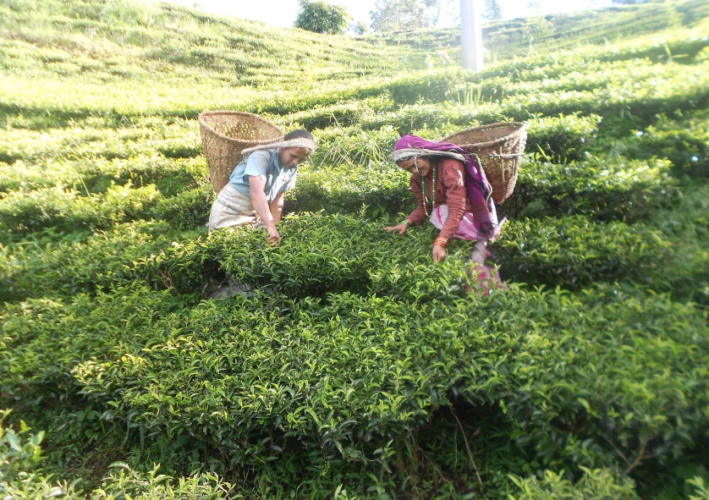The roles of Information and Communication Technology (ICT) tools such as radio, television, mobile phones, the Internet, and computers are gaining more recognition in Nepal’s agriculture sector.
In a study by Siggdel and colleagues (2022), almost 400 paddy farmers were interviewed about their knowledge, perception, and satisfaction on the use of ICT tools in agriculture. The study highlighted the considerable gap between the actual yield and potential yield of farmers which is attributed to the lack of modern technologies. As such, the researchers believe that ICT application in the agriculture sector is needed for faster access and dissemination of information, ideas, innovations, and technologies.
The study revealed that most of the respondents were skilled in using radio and television for integrating and evaluating information. While the paddy farmers generally perceived the use of ICT tools as something positive, the study showed that they still require further information and knowledge in order to use ICT tools more effectively. In order for ICT to be considered a significant agricultural extension tool, farmers must have access to, knowledge of, and expertise in different ICT tools.
In another study by Bachkain and Karki (2022) about the status and prospects of ICT among Nepalese smallholder farmers, it was revealed that different factors such as education, cost of technology, and socio-economic conditions impact the decision of adoption or non-adoption of ICT among farmers. In order to form effective plans and policies, the factors identified should be properly addressed first.
The expansion of smartphone and Internet services among Nepalese farmers brings optimism for the future of extension service delivery in the country. To further encourage ICT adoption, the study suggested that various subsidies and incentives in ICT facilities can also be considered. Smallholder farmers should receive a variety of training on how to use ICT for their advantages.
Rural communication scholars believe that ICT tools can be a game changer for farmers. These tools open the door to different opportunities and sustainability gains. Nepal’s agriculture sector roughly contributes one-third of the nation’s GDP. With the effective use of ICT tools, the four dimensions of food security – availability, access, utilization, and stability – can be further strengthened.
References:
Sigdel, U. P., Pyakuryal, K. N., Devkota, D., & Ojha, G. P. (2022). Paddy farmers’ knowledge, perception, and satisfaction on the use of Information and Communication Technology (ICT) tools in Nepal. Turkish Journal of Agriculture-Food Science and Technology, 10(6), 1149-1157.
Bachkain, R., & Karki, T. (2022). Status and prospects of ICT among Nepalese smallholder farmers. Acta Informatica Malaysia (AIM), 6(1), 13-16.
Photo: © AFA
Article contributed by Mia Isabelle Rivera, ComDev Asia intern

